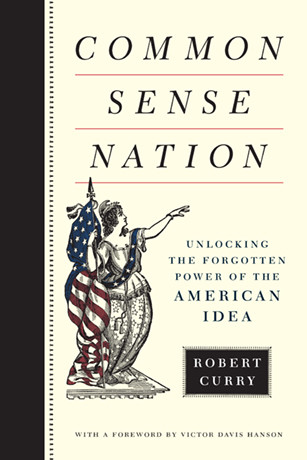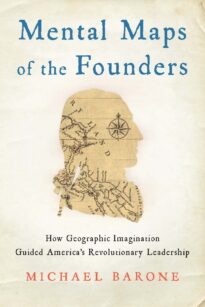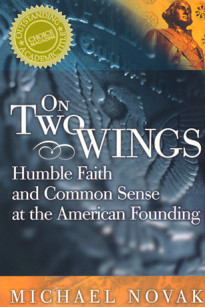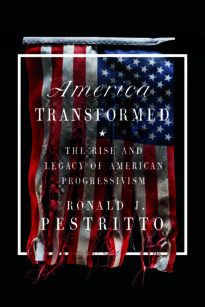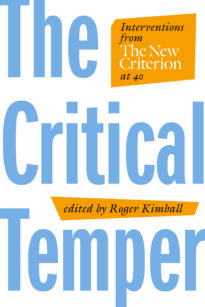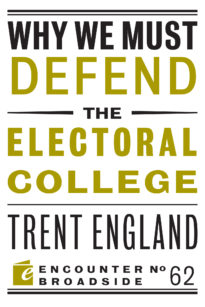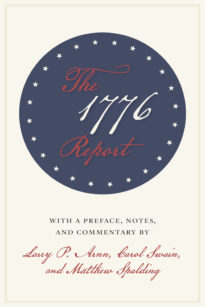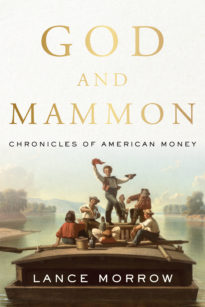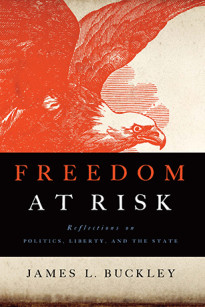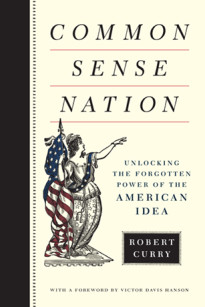“We hold these Truths to be self-evident, that all men are created equal, that they are endowed by their Creator with certain unalienable Rights, that among these are Life, Liberty and the pursuit of Happiness.”
This sentence is perfectly familiar. We know it as a core principle of our founding. But few, if any of us consider why Jefferson wrote it in exactly this way. Why “unalienable rights” and not simply rights? Why “self-evident” truths and not simply truths? Why does the Declaration make these distinctions? Do they really matter?
If these questions are challenging or Jefferson’s words seem esoteric, it is because we no longer conduct our politics in the language of the Founders and we are no longer able to think as they thought. In Congress and the media, political arguments are advanced by a torrent of policy studies and “expert” opinions—not on the basis of self-evident truths, unalienable rights, and definitely not in the language of the Founders.
Common Sense Nation is a potent reintroduction to the political ideas of the Founders—in their own words and on their terms. It is dedicated to the proposition that the only way to fully unlock the profound and distinctive power of American self-government is to understand it as its inventors did. Common Sense Nation reclaims the language of liberty from entities that prefer to interpret our freedoms for us. For in knowing the Founders as they knew themselves, readers will learn the surprising depths of their own political powers as American citizens.
